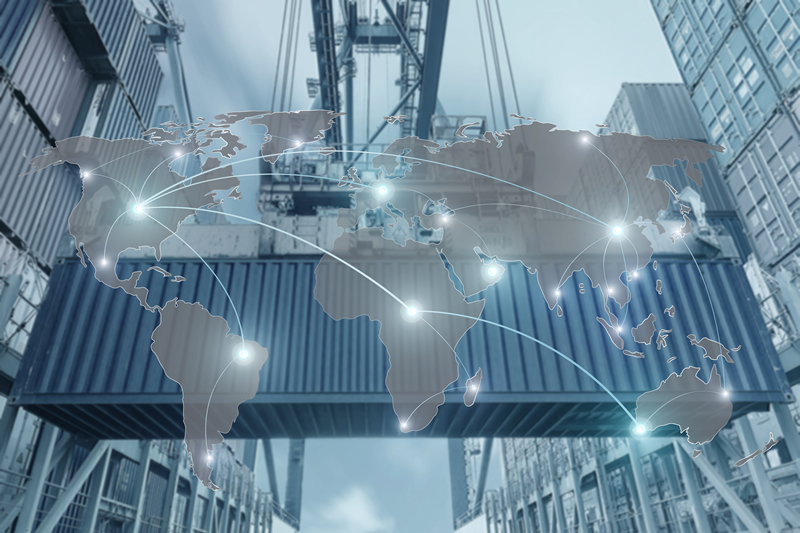Long Term Emissions Monitoring Compliance With Protea
13
Despite recent efforts by the International Maritime Organisation (IMO) to enforce, strengthen and tighten requirements for reducing CO2 emissions, both the United Nations and the European Union are yet to mandate the use of precise and exact real time data. Currently the process can include unreliable calculations when it comes to the logging of marine and shipping emissions.

Over 95 percent of modern vessels currently utilise internal-combustion engines (ICE's) fueled by a range of petroleum products, including heavy fuel oil (HFO), marine gas oil (MGO), and marine diesel oil (MDO). Technology is available to provide a more accurate understanding when discussing ship emissions of Carbon Dioxide (CO2), Nitrogen Oxides (NOx), Sulfur Oxides (SOx) content in fossil fuel exhaust gases, and harmful particulate matter. This practice has been established on land for many years, but the need to demonstrate environmental responsibility is key for today’s marine and offshore industries.
Advanced equipment from Protea is available for precise measurements of CO2 and harmful particle emissions from ships. The technology is readily accessible, and it primarily involves shipping companies making modest investments in this equipment to demonstrate compliance with emission limits. Currently, shipping companies rely on calculating their emissions, but these calculations are known to be imprecise and can underestimate emissions. The Protea 2000 emissions monitoring system has been proven in long-term service onboard ships as a robust and reliable method of confirming compliance with emissions regulations.
Shipping firms frequently note the widespread incorporation of efficiency measures, yet only a limited number have initiated efforts to embrace novel fuels and alternative power systems. In the coming years, shipping is likely to migrate to a mixture of fuel types, blended with new technologies rather than a single fuel type. This will introduce challenges in accurately calculating emissions, particularly with the use of pilot fuels in the ignition process, which can lead to calculation inaccuracies but can be readily measured. Additionally, upcoming fuels like biofuel can be lacking in uniform composition, making accurate calculation harder and more difficult. They can be accurately measured to provide an exact representation.
If shipping companies do not voluntarily adopt this equipment on cargo ships, cruise ships, ferries, and other vessel types, policymakers should consider the necessity of requiring documented emissions rather than relying on calculated estimates. Replacing variable unreliable calculations with solid real time data, will significantly bolster the industry's credibility and contribute to climate benefits. While decision-making in international forums may move slowly, it highlights the need to take the initiative across all sectors involved with shipping and marine emissions.
#protea #emissions #monitoring #cems #ftir #gas #analysers #shipping #marine
Other Articles
Carbon Capture Utilisation & Storage (CCUS) In 2026
16
Global Underground CO2 Storage Data Offers Hope Amid Rising Emissions
01
IMO Postpones Adoption Of Global Net-Zero Shipping Framework
04
Pioneering Carbon Capture Projects Ready For Construction
03
Methanol & Ammonia Deemed Ready As Zero-Emission Shipping Fuels
01
Carbon Capture Storage Reaching A Turning Point In Decarbonisation
13
CCS To Capture 15% Of Shipboard Carbon Emissions By 2050
29
Global Shipping Industry Struggles To Navigate Net Zero Transition
21
Carbon Capture Surges as Economics Policy & Industry Demand Align
14
GHG Emissions At Ports On The Rise Despite Initiatives
07